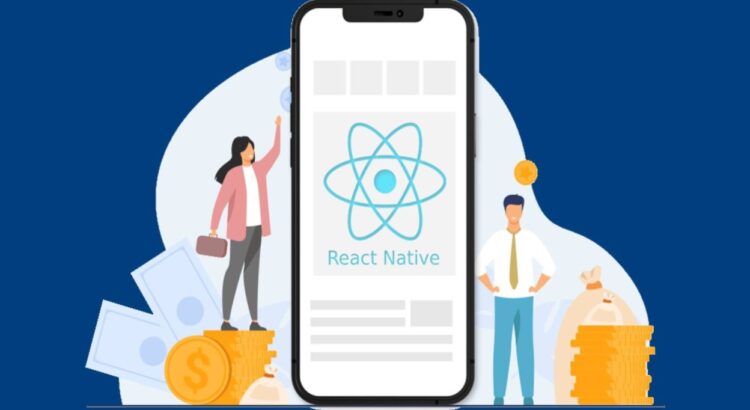In the landscape of mobile app development, choosing the right framework can significantly impact the success and efficiency of your project. Among the plethora of options available, React Native stands out as a top choice for developers and businesses alike. Its unparalleled combination of performance, flexibility, and cost-effectiveness makes it the optimal option for crafting high-quality mobile applications. Let’s explore further to see what sets React Native apart and why it’s the preferred framework for modern app development.
1. Cross-Platform Compatibility – One of the most compelling features of React Native is its ability to build applications for multiple platforms simultaneously. With a single codebase, developers can create apps that run seamlessly on both iOS and Android devices. This cross-platform compatibility not only streamlines the development process but also reduces time-to-market and maintenance costs. By leveraging React Native, businesses can reach a broader audience without compromising on user experience or performance.
2. Native-Like Performance – Unlike traditional hybrid frameworks, React Native offers near-native performance by rendering components using native APIs. This approach ensures that applications built with React Native deliver a fluid and responsive user experience, comparable to those developed using native languages like Swift or Java. By harnessing the power of React Native, developers can create fast and efficient apps that meet the highest standards of performance and reliability.
3. Reusable Components – At the heart of React Native’s efficiency lies its component-based architecture, which promotes code reusability and modularity. Developers can create modular components that encapsulate specific functionalities and reuse them across different parts of the application or even in other projects. This not only accelerates development but also facilitates code maintenance and updates. With React Native, developers can build complex applications more efficiently while maintaining code consistency and scalability.
4. Rapid Development Cycle – React Native’s hot reloading feature enables developers to see the effects of code changes in real-time without restarting the application. This significantly speeds up the development cycle, allowing for faster iteration and debugging. Moreover, the extensive ecosystem of third-party libraries and pre-built components further accelerates development by providing ready-made solutions for common functionalities. With React Native, developers can build feature-rich applications in less time, giving businesses a competitive edge in the market.
5. Strong Community Support – As an open-source framework backed by Facebook, React Native enjoys robust community support and a vibrant ecosystem of developers, contributors, and enthusiasts. This active community regularly releases updates, fixes bugs, and contributes to the development of new features, ensuring that React Native remains relevant and up-to-date. Additionally, the wealth of resources, tutorials, and documentation available online makes it easy for developers to learn and master React Native, further enhancing its appeal as a development platform.
To summarize, React Native offers a compelling combination of cross-platform compatibility, native-like performance, code reusability, rapid development cycle, and strong community support, making it the optimal option for mobile application development. By harnessing the power of React Native, businesses can build high-quality apps that meet the demands of today’s dynamic market while optimizing time, resources, and costs. Whether you’re a start-up looking to launch your first app or an enterprise seeking to expand your mobile presence, React Native provides the tools and capabilities to bring your vision to life effectively and efficiently.
